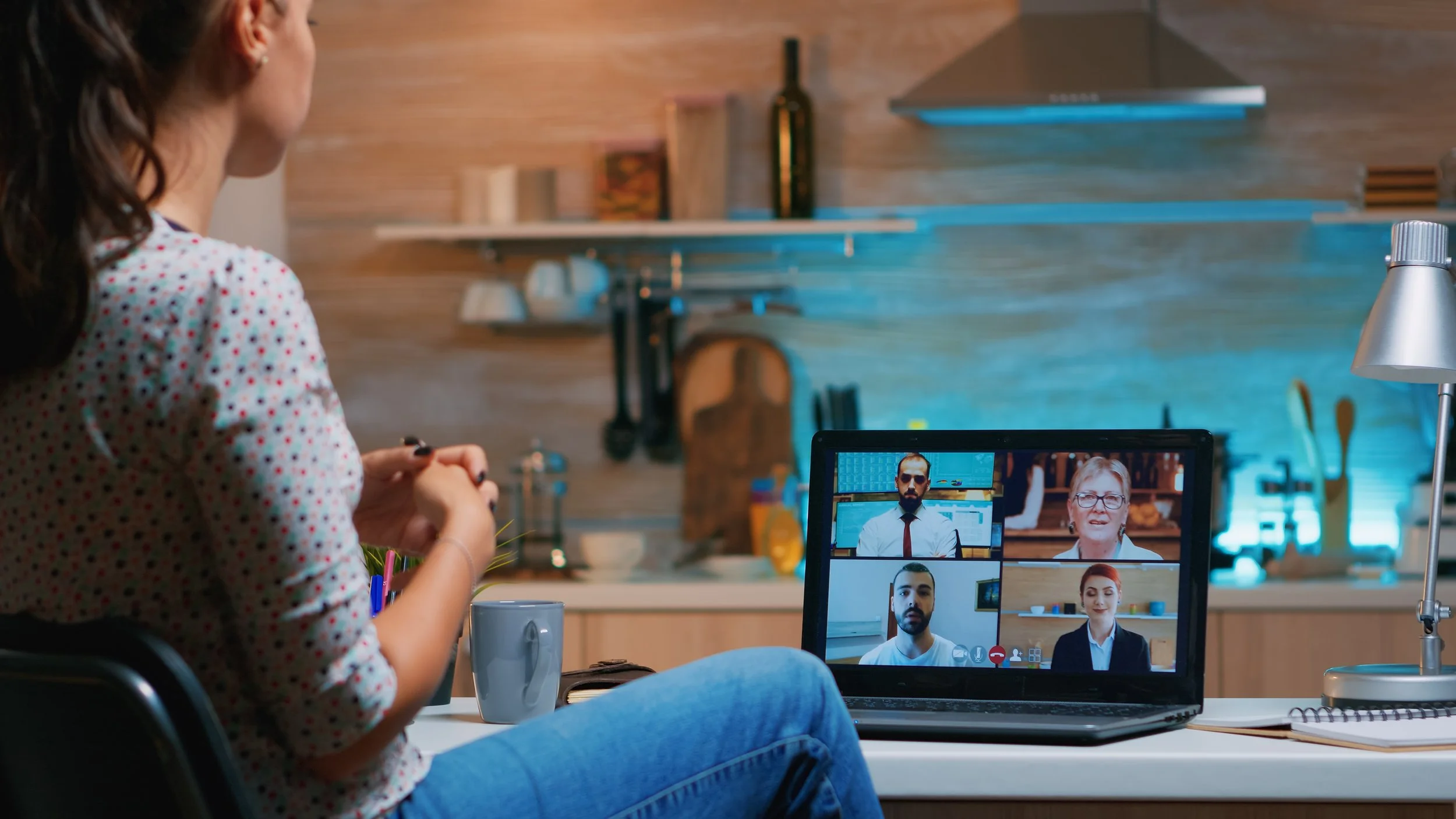A Certified Caregiving Consultant’s Reflections on Journaling
By Laura Will
Journaling: “You don’t have to leave the house. You can do it anytime. It doesn’t have to be perfect. It doesn’t even need sentence structure. It’s just your thoughts.” - Louisa Stringer, a certified caregiving consultant
Louisa Stringer is a compassionate individual, touched by a rare disease, who has crafted a creative, meaningful, and important career around supporting caregivers. Caregiving is inherent to the experience of motherhood; but when her youngest daughter was diagnosed with a rare cancer at the age of four, she quickly learned that “being a mother of a rare kid adds a whole other spectrum of care.”
As she and her family’s life recalibrated to the emotional realities and caregiving demands of pediatric cancer, Louisa both experienced and witnessed the emotional strains and time constraints between all the relationships within the family. Her relationship with her older, healthy children changed because of their sister, in unanticipated and sometimes unwanted ways. The complex impact on the caregiver and family unit became an area of personal exploration and professional interest; and as she connected with others, she “started to resonate with them as they told their caregiving stories.”
When speaking with Louisa, one thing becomes exceedingly clear: she loves listening and witnessing another’s story. In the narrative of disease, the person who is undergoing treatment is often considered the protagonist. But Louisa honors the story of the caregiver, a story that is often undervalued or overlooked by even caregivers themselves. Her attention and insights allow caregivers to feel more supported and less isolated.
“…journaling is a ‘tangible release.’”
This spring Louisa is focusing her expertise and love of storytelling into a new project, a weekly journaling workshop. She finds journaling is a “tangible release.” She knows it personally as a great tool, a helpful medium. Louisa explains that journaling can both process what is difficult or hurting, while also allowing the writer to honor and even craft their own narrative, referencing a Navajo proverb, “You create the world around you as you write.”
Journaling can be a habit, and “would be a good one for someone who thrives on routine.” But she feels strongly that journaling can be a very simple and quick act: “does not need to be a giant amount every day; it may just be a couple of words here and there.” If you do not feel like you have the time to use writing as a release, Louisa challenges us to think about how we choose to use our time. She says, “You do have five minutes in your day, I guarantee it,” and your story is worth it.
Louisa has a creative mind and enjoys similarly creative journaling prompts. She reflects that some of her favorite writing prompts are often just one word; currently, she has been journaling about the word ‘mercy.’ A good prompt has the potential to mentally uproot the caregiver out of the caregiving role, allowing them to explore what is true for them outside that role. Alternatively, journaling can be a place to process and track the needs of the caregiver. Both are available to the journaling caregiver at any given moment.
“How wonderful we are. How hurting we are. Journaling is not strenuous. So - write away!”
Links to other writings by Louisa:
Caregiving.com, Endurance: A Guide to Coping (December 2021)
Cape & Plymouth Business, The Importance of Being Present and Available (August 2021)
Caregiving.com, On Being Care-Full (May 2021)
MedicareAdvantage.com, Care for the Caregiver (February 2021)
Caregiving.com, A Caregiving Comfort: Control (June 2020)
Caregiving.com, 4 Essential Qualities of Women Caregivers (May 2020)
Caregiving.com, The Importance of Self-Awareness (May 2020)
Caregiving.com, Visionary Award Nominee: Louisa Stringer (February 2019)
Are you thinking about journaling? Make a free account on our website and start journaling today!
About Rare Resiliency:
Rare Resiliency is a monthly column written and/or curated by Laura Will. This column explores the concepts and skills that play a protective role against chronic and acute stress. Each article challenges and encourages the reader to continue to develop that inner steadying strength as they face illness and uncertainty, sorrow and joy.































